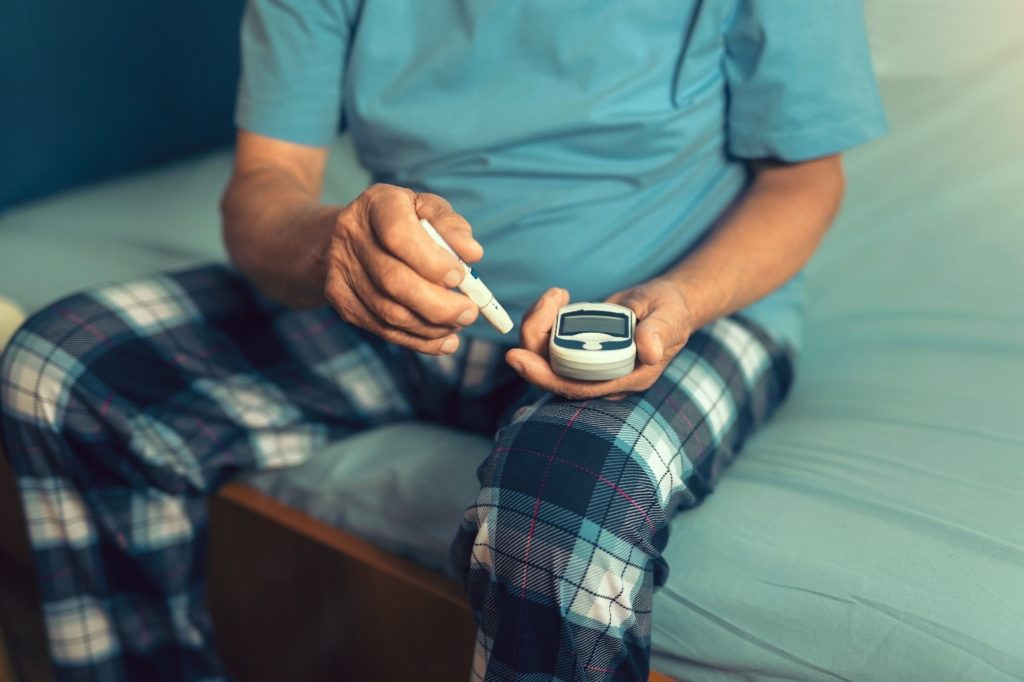
Over 18 million Americans miss out on hours of precious sleep every night because of sleep apnea—and many more cases go undiagnosed! But sleep apnea can become quite problematic if left untreated; not only will you lose out on sleep, but health problems including heart disease, memory loss, and even diabetes can also pose a potential threat. Here’s what you need to know about the connection between sleep apnea and prediabetes, as new research shows that the link between these two conditions is very apparent.
How Is Sleep Apnea Linked to Prediabetes?
Obstructive sleep apnea is characterized by blockage in the airway while you sleep; this causes your body to wake up during deep sleep to normalize your breathing, which disrupts your sleep cycle and your general well-being! So, what does this have to do with prediabetes?
Researchers at the University of Hertfordshire in the UK have recently discovered a link between poor sleep and a greater risk of prediabetic patients developing type two diabetes. Individuals who reported poor quality sleep tended to have higher average blood sugar levels across a period of three months. When your blood sugar level is elevated, your risk for developing type two diabetes increases—this means that prediabetic patients are very susceptible to full-blown diabetes if they also suffer from sleep apnea!
How Can I Improve the Quality of My Sleep?
Getting a good night’s sleep is important for many reasons—so how can you ensure this happens, especially if you’re prediabetic? Here are some practical things to consider:
- Undergo a sleep test – This is a simple and noninvasive procedure that will allow a sleep doctor to diagnose you with sleep apnea.
- Seek treatment for your condition – If you’ve been diagnosed with sleep apnea, you should seek treatment. Oral appliances and CPAP machines are both effective options.
- Make necessary lifestyle changes – If you suffer from diabetes, maintaining a healthy weight and eating a well-balanced diet can help to control your blood sugar levels, which in turn could help you get better sleep at night.
- Address other causes of poor sleep – Sometimes you need a regular bedtime routine, a new mattress, or mental health counseling to sleep better at night.
Although there are many reasons for poor sleep, obstructive sleep apnea is one of the primary culprits—and now the link between this condition and prediabetes has strong supporting evidence. By seeking treatment for your sleep apnea, you are actively increasing your body’s protection against other conditions including diabetes.
About the Author
Dr. Jay A. Nelson takes great pleasure in helping his patients get a good night’s sleep! His practice offers a wide range of services to the Wesley Chapel community that focus on treating snoring, sleep apnea, and associated TMJ problems. Dr. Nelson received his DMD from the University of Pennsylvania and is also a Diplomate of the American Board of Dental Sleep Medicine, The American Academy of Craniofacial Dental Sleep Medicine, and the American Board of Sleep & Breathing. If you’d like to schedule an appointment with Dr. Nelson, he can be contacted through his website or by telephone: (813) 733-4169.
